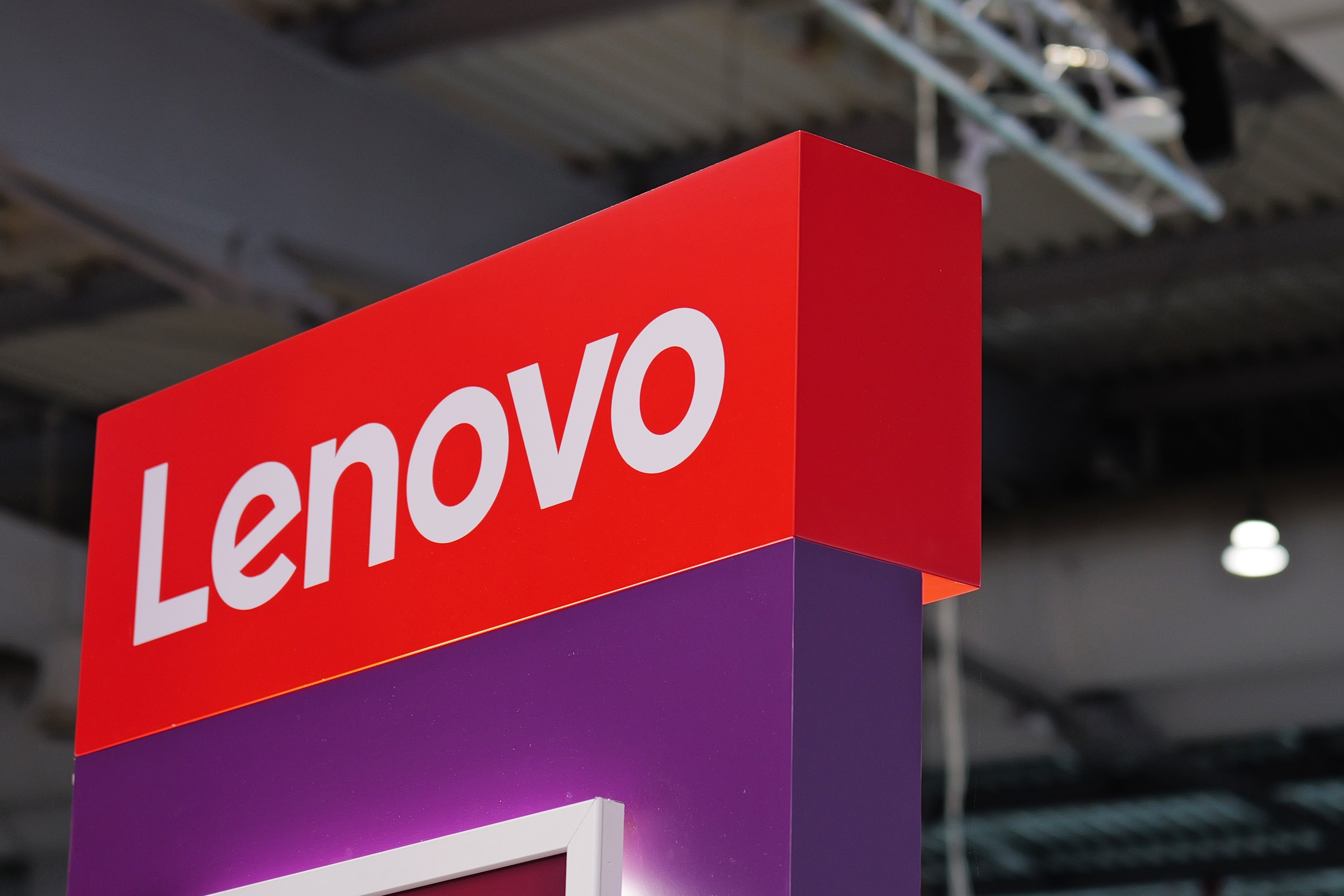The world's largest PC maker confirms it is stockpiling memory - so what does it know that we don't?
Lenovo boosts inventories as AI demand strains supplies

Sign up for breaking news, reviews, opinion, top tech deals, and more.
You are now subscribed
Your newsletter sign-up was successful
- Lenovo reacts early to tightening memory supplies driven by aggressive AI demand
- Semiconductor giants shift production toward high-bandwidth memory for AI servers
- Traditional memory output shrinks while global pricing pressure intensifies rapidly
Lenovo has confirmed it is stockpiling memory chips and other essential components in response to a tightening global supply chain pushed by artificial intelligence demand.
The company’s leadership described the situation as an unprecedented AI squeeze, with accelerated buying from data center operators and cloud platforms constraining availability.
Lenovo’s inventory levels are now approximately 50% higher than normal, affecting its entire range of devices, including the mini PC segment.
Why the memory market is under pressure
The spike in memory prices is tied to a broader shift within the semiconductor industry.
Major producers, including Samsung and SK Hynix, have diverted significant manufacturing capacity toward high-bandwidth memory, which is used for AI servers.
This transition has reduced the output of traditional memory chips typically used in consumer PCs, smartphones, and gaming devices.
As a result, global memory prices have climbed steadily in recent months, affecting manufacturers across the electronics industry.
Sign up to the TechRadar Pro newsletter to get all the top news, opinion, features and guidance your business needs to succeed!
This situation is already influencing several product lines, particularly systems aimed at business laptop buyers who depend on stable component availability.
Lenovo executives said the buildup is part of a longer-term plan to avoid disruptions through 2026.
The company recently signed long-term supply agreements meant to secure memory availability throughout next year
Its CEO also stated the firm believes these arrangements represent optimal contracts under current conditions.
"We signed the optimal contract with key component suppliers to ensure we have enough supply for next year," Yang Yuanqing said.
"Overall, we do not see a bubble because the next stage will be AI democratization."
Lenovo acknowledged higher memory costs could raise the prices of consumer electronics in the upcoming quarters, noting AI-related spending had already influenced its recent earnings, with additional costs partially offsetting steady PC and device sales.
Despite that, Lenovo said it aims to maintain sales momentum and avoid passing rising component prices directly to consumers whenever possible.
Other firms, including Xiaomi, warned that smartphone buyers may face increased prices next year due to the same supply constraints.
That said, Lenovo’s latest financial results showed revenue growth and improved adjusted profit, even as its shares remain lower for the year.
However, semiconductor makers expect AI-driven demand to continue shifting production priorities, which could keep supplies tight for traditional memory products.
Via Bloomberg
Follow TechRadar on Google News and add us as a preferred source to get our expert news, reviews, and opinion in your feeds. Make sure to click the Follow button!
And of course you can also follow TechRadar on TikTok for news, reviews, unboxings in video form, and get regular updates from us on WhatsApp too.

Efosa has been writing about technology for over 7 years, initially driven by curiosity but now fueled by a strong passion for the field. He holds both a Master's and a PhD in sciences, which provided him with a solid foundation in analytical thinking.
You must confirm your public display name before commenting
Please logout and then login again, you will then be prompted to enter your display name.